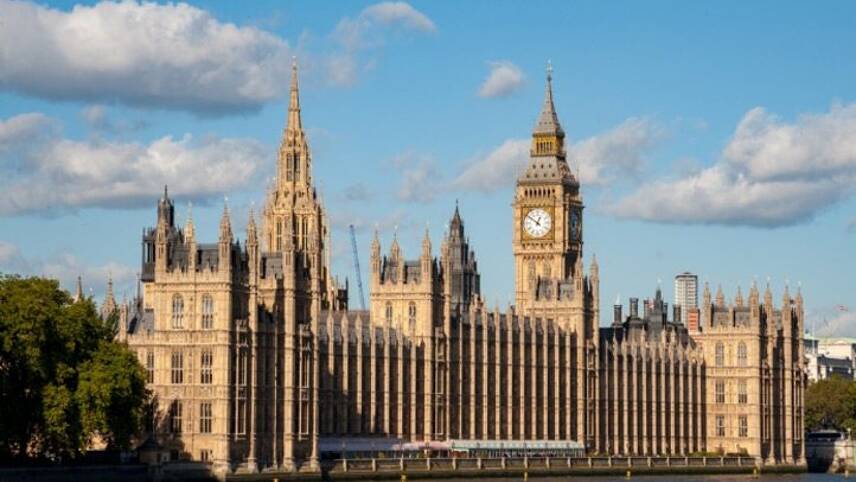Register for free and continue reading
Join our growing army of changemakers and get unlimited access to our premium content

The EAC has given Sharma until 30 April to provide a response
The EAC’s chair Philip Dunne, who replaced Mary Creagh during the most recent Cabinet reshuffle has written to Sharma – appointed to COP President in the same reshuffle – asking for an update on current progress for delivering against a number of key pre-conference requirements.
Last week, the UK and the UN confirmed that the conference has been postponed due to the lockdown caused by the coronavirus. A new date will be confirmed in the coming months. Dunne accepted the decision as a “necessity” but has called for the UK to not let climate change slip down the political agenda despite pushing the date back to respond to Covid-19.
“The decision to postpone COP26 is a sad unfortunate necessity, due to the global impact of Coronavirus. There were a host of challenges ahead to have made COP26 the success it needs to be, given widespread restrictions imposed around the world,” Dunne said.
“By delaying the summit, it must not lead to the climate crisis slipping down the agenda for governments around the world. The UK must continue to show global leadership in raising the pace and ambition towards achieving our net-zero ambitions and encourage other countries to do the same. The extra time can put us in a stronger position to make a lasting success of COP, building stronger alliances with other economies around the world and urge them to do as much as they possibly can to forge a low-carbon future.”
Sharma was set to appear before the EAC to provide an update on COP26 preparations, but that meeting has also been postponed due to Covid-19.
Key preparations
COP26 has been viewed as the most important international climate summit since the creation of the Paris Agreement in 2015. The UK had been confirmed as host and the summit was scheduled to take place in Glasgow from 9-19 November and was expected to use the summit to implore other nations to set higher ambitions to combat the climate crisis.
The UK had a number of key deliverables that still need defining in the build-up to the summit. Firstly, the UK needs to set its own Nationally Determined Contribution (NDC) to the Paris Agreement, having originally submitted a decarbonisation goal as part of the European Union (EU). It is unlikely that the UK can simply submit one of its future carbon budgets as they would fall short of the efforts required to deliver on the net-zero law for 2050. The Committee on Climate Change is set to outline what future carbon budgets and targets could look like in September.
The net-zero target also lacks definition as to how the UK will deliver rapid emissions reductions and a pathways strategy outlining those steps is also expected to emerge. Whether Covid-19 has pushed back the publication of this strategy remains unclear.
Finally, the UK was amongst a cohort of nations that pledged $100bn a year to help the poorest countries most at risk from climate change invest in low-carbon solutions and mitigation. Richer nations have historically underfunded on this ambition and much of the finance provided has been issued through loans, to be paid back, rather than grants.
The EAC is asking for updates on those three key areas and also wants Sharma to outline how the UK plans to coordinate international climate efforts with China.
China was due to host the COP conference for the Convention on Biological Diversity (CBD) later this year in Kunming, but that summit has now been pushed back to October 2021. The summit was meant to lead to the creation of a “Paris-style” agreement on biodiversity.
In a recent EAC hearing session, Dr Katherine Kramer from Christian Aid and Melanie Coath from RSPB emphasised the importance of the links between the biodiversity COP in Kunming, China and COP26, noting that nations should be considering both issues as co-dependent.
China and the US famously made a joint commitment to collaborate to reduce emissions under the Obama administration, which the US has now turned away from as part of its withdrawal process from the Paris Agreement. Questions are now being asked whether China will lessen its approach to combatting climate change in favour of trade deals with the US, and green campaigners are calling on the UK to use COP26 as a way to bring China into a stronger climate agreement.
The EAC has given Sharma until 30 April to provide a response.
Matt Mace


Please login or Register to leave a comment.